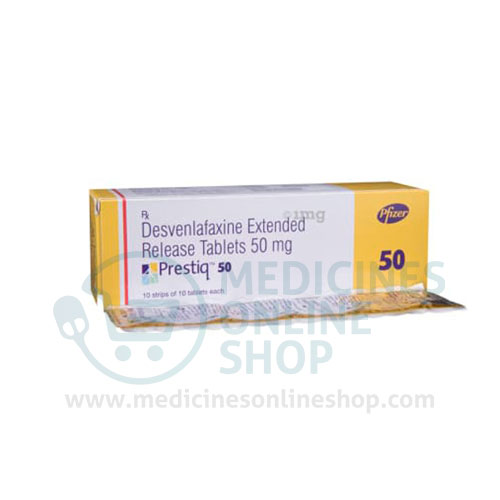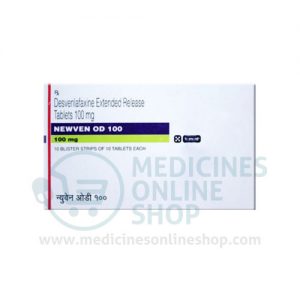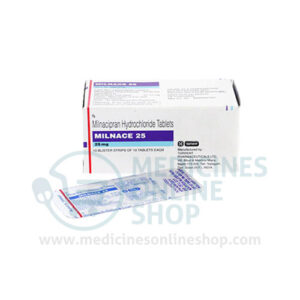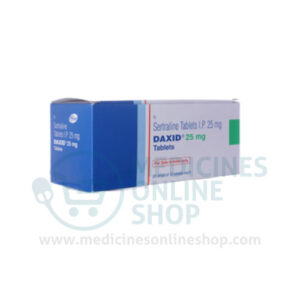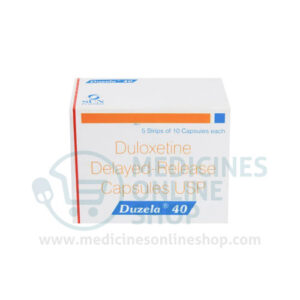Pronunciation
(des ven la FAX een)
Medication Safety Issues
Pristiq may be confused with PriLOSEC
Beers Criteria: Serotonin/Norepinephrine Reuptake Inhibitors (SNRIs) are identified in the Beers Criteria as potentially inappropriate medications to be used with caution in patients 65 years and older due to its potential to cause or exacerbate syndrome of inappropriate antidiuretic hormone secretion (SIADH) or hyponatremia; monitor sodium concentration closely when initiating or adjusting the dose in older adults (Beers Criteria [AGS 2019]).
Storage/Stability
Store at 20°C to 25°C (68°F to 77°F); excursions permitted to 15°C to 30°C (59°F to 86°F).
Adverse Reactions
>10%:
Central nervous system: Dizziness (10% to 13%), insomnia (9% to 12%)
Dermatologic: Hyperhidrosis (10% to 11%)
Gastrointestinal: Nausea (22% to 26%), xerostomia (11% to 17%)
1% to 10%:
Cardiovascular: Orthostatic hypotension (elderly 8%), syncope (<2%), tachycardia (<2%), hypertension (dose related; ≤1% of patients taking 50 to 100 mg daily had sustained diastolic BP ≥90 mm Hg)
Central nervous system: Drowsiness (≤9%), fatigue (7%), anxiety (3% to 5%), delayed ejaculation (1% to 5%), abnormal dreams (2% to 3%), anorgasmia (males ≤3%; females 1%), jitteriness (2%), vertigo (≤2%), depersonalization (<2%), dystonia (<2%), seizure (<2%), disturbance in attention (1%), yawning (1%), male sexual disorder (≤1%)
Dermatologic: Alopecia (<2%), skin photosensitivity (<2%), skin rash (<2%)
Endocrine & metabolic: Decreased libido (males 4% to 5%), increased serum cholesterol (increased by ≥50 mg/dL and ≥261 mg/dL: 3% to 4%), increased serum prolactin (<2%), weight gain (<2%), hot flash (1%), increased LDL cholesterol (increased by ≥50 mg/dL and ≥190 mg/dL: ≤1%)
Gastrointestinal: Constipation (9%), decreased appetite (5% to 8%), vomiting (≤4%), bruxism (<2%)
Genitourinary: Proteinuria (5% to 8%), erectile dysfunction (3% to 6%), urinary retention (<2%), ejaculation failure (≤1%), urinary hesitancy (≤1%)
Hepatic: Abnormal hepatic function tests (<2%)
Hypersensitivity: Angioedema (<2%)
Neuromuscular & skeletal: Tremor (≤3%), stiffness (<2%), weakness (<2%)
Ophthalmic: Blurred vision (3% to 4%), mydriasis (2%)
Otic: Tinnitus (≤2%)
Frequency not defined: Cardiovascular: Coronary occlusion, ischemic heart disease, myocardial infarction
<1%, postmarketing, and/or case reports: Acute pancreatitis, angle-closure glaucoma, cardiomyopathy (takotsubo), Stevens-Johnson syndrome
